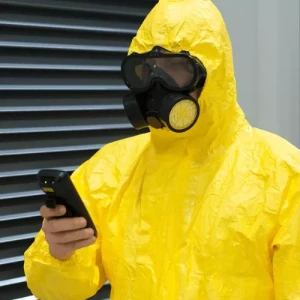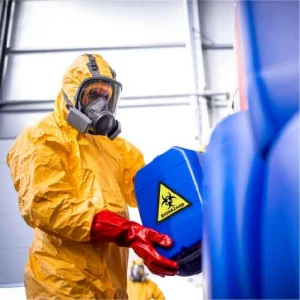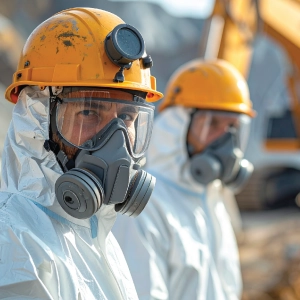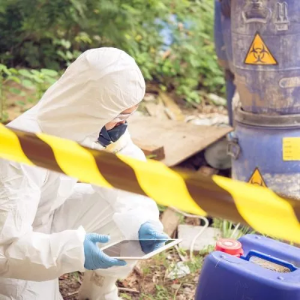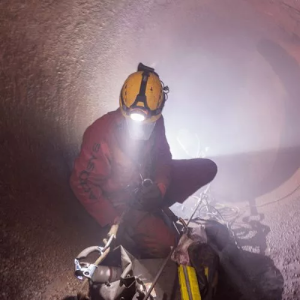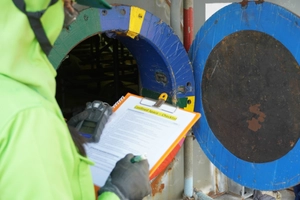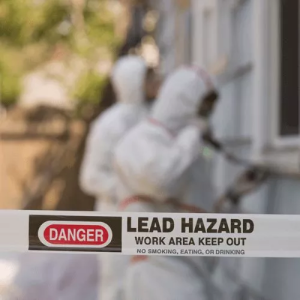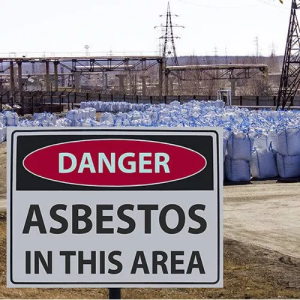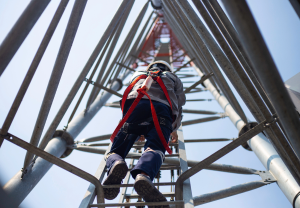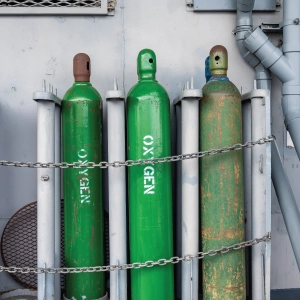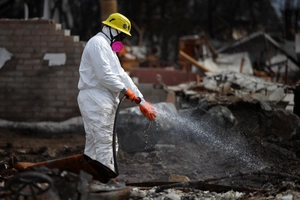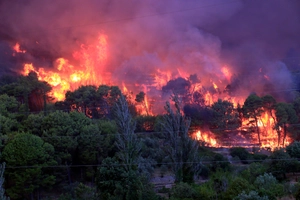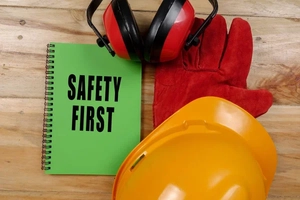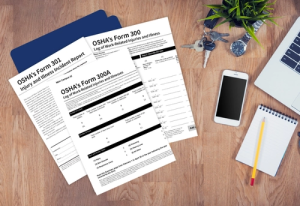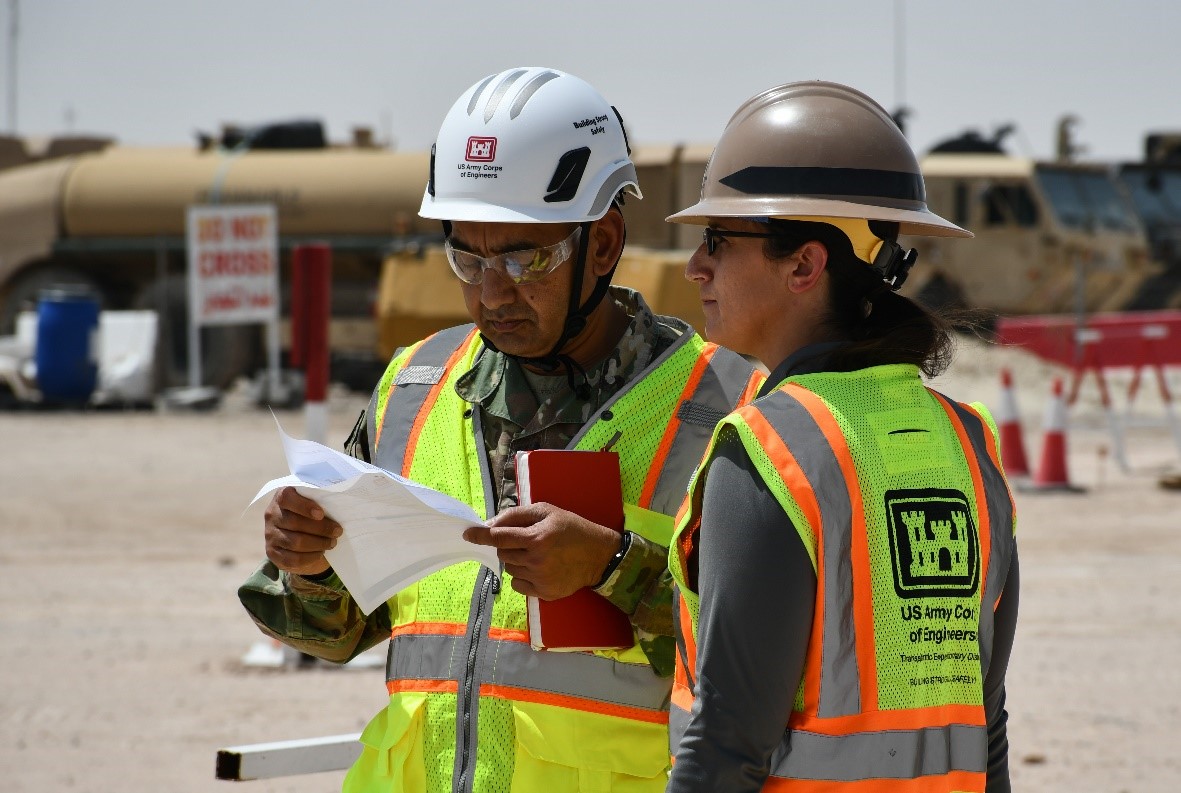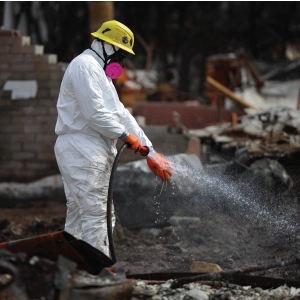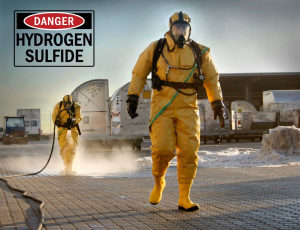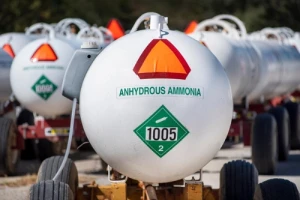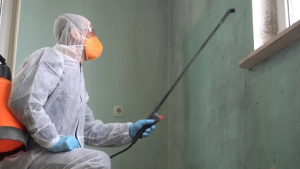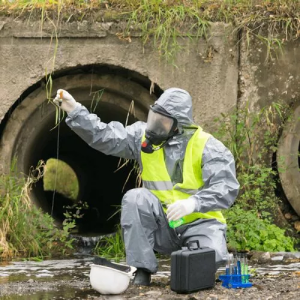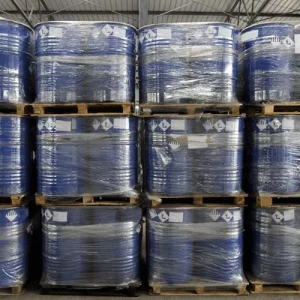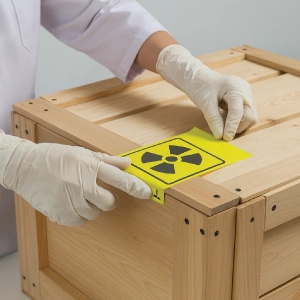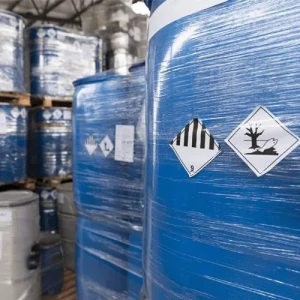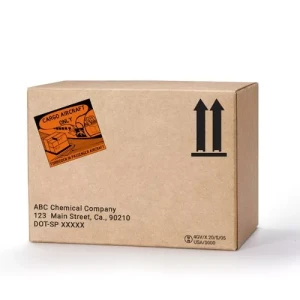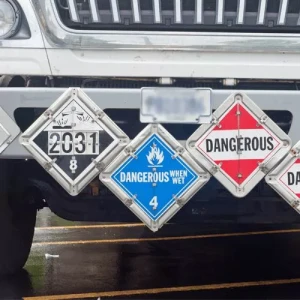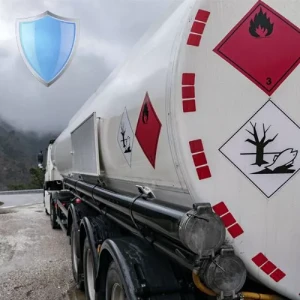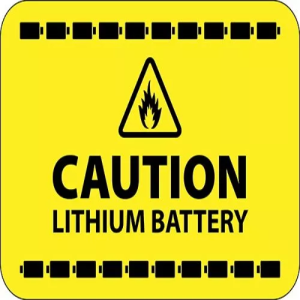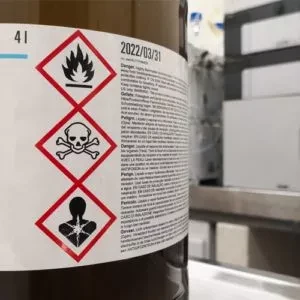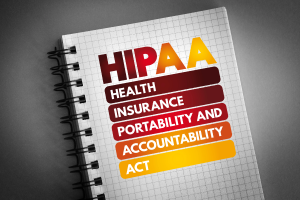OSHA 300 Recordkeeping and Reporting Training
- In accordance with Federal OSHA Regulations 29 CFR 1904
- Available in:
 English |
English |  Español
Español - Access your learning from any place, at any time, on any device
- Seamless, self-directed mobile training experience
- Instantly download your certificate upon completion
- Audio playback for hands-free learning
- Offered in SCORM format, on-demand webinars, virtual live classes, or classroom sessions
0.2
Bulk Buying
| Employee | Per Seat |
|---|---|
| 2-10 | $39.59 |
| 11-20 | $39.19 |
| 21-50 | $38.79 |
| 51-100 | $37.99 |
| 101-250 | $37.19 |
Course Facts
Training Duration
Learning Type
Course Access Validity
Device Support
Certificate Validity
The OSHA 300 Recordkeeping and Reporting Training is tailored to provide essential guidelines and knowledge to employees and employers engaged in documenting workplace injuries and illnesses, according to OSHA’s Standard for Recording and Reporting Occupational Injuries and Illnesses as codified in 29 CFR 1904.
This course delivers essential knowledge for workers engaged in tasks involving the recording of work-related injuries and illnesses. Participants will gain comprehensive knowledge and skills related to workplace incident recording and reporting. They will learn about the types of workplace incidents that must be recorded, including fatalities, injuries, and illnesses meeting specific criteria. This course is perfect for those tasked with incident documentation. Participants will become familiar with the required forms for recordkeeping, such as the OSHA Form 300, 300A, and 301, and understand how to accurately complete and maintain these records. They will also learn about the timelines for reporting incidents, ensuring timeliness and accuracy in recording workplace injuries and illnesses.
Our course will empower employers and employees with the knowledge and skills needed for effective OSHA 300 recordkeeping, boost compliance, enhance workplace safety, and streamline incident reporting processes.
Who Needs OSHA 300 Recordkeeping and Reporting Training?
The OSHA 300 Recordkeeping and Reporting Training is essential for individuals across all industries responsible for documenting work-related injuries and illnesses in the workplace. This includes safety managers and officers, human resources professionals, Supervisors and team leaders, workers involved in incident reporting, and compliance officers.
OSHA 300 Recordkeeping and Reporting Training Course Syllabus
This OSHA 300 Recordkeeping and Reporting Training course consists of 7 lessons. Students are required to take each lesson in sequential order as listed below.
OSHA 300 Recordkeeping and Reporting Training: Introduction
Lesson 1: Introduction to the Recordkeeping Rule
Delve into the evolution and significance of OSHA's Recordkeeping Rules, tracing its journey from undocumented hazards to data-driven safety measures. Explore its impact on workplace safety and learn about its requirements. By the end of the lesson, grasp the purpose, coverage, exemptions, and obligations under this rule for a safer work environment.
Lesson 2: Recording Criteria for Injury and Illness
This lesson explores OSHA's requirements for documenting workplace injuries and illnesses as per 29 CFR 1904 Subpart C. Learn to identify recordable incidents, understand when recording is necessary, and distinguish work-related injuries or illnesses. By the end of the lesson, master the characteristics of recordable incidents and the criteria for logging them, ensuring compliance, and promoting workplace safety.
Lesson 3: General Recording Criteria
Explore OSHA's Recordkeeping Standard, focusing on the general recording criteria for work-related injuries or illnesses. Gain insight into when incidents should be recorded in the OSHA 300 Log, ensuring accurate documentation of workplace events. By the end of the lesson, master the criteria, identify recordable incidents, and apply the guidelines to real-life scenarios for precise documentation.
Lesson 4: Recordkeeping for Specific Diseases and Illnesses
This lesson addresses the complexities of OSHA recordkeeping, particularly in unique scenarios. It examines specific workplace injuries and illnesses such as needlestick injuries, occupational hearing loss, and work-related tuberculosis. Learn when and how to record these cases according to OSHA standards, ensuring accurate documentation for workplace safety. By the end of the lesson, grasp the criteria for recording needlestick injuries, medical removal cases, occupational hearing loss, and tuberculosis.
Lesson 5: OSHA 300 Recordkeeping Forms
Explore the essentials of OSHA Forms 300, 300A, and 301 for detailed injury tracking and reporting. Learn their significance, reporting requirements, and strategies for addressing privacy concerns. By the end of the lesson, master completing these forms accurately and understand their purpose in ensuring workplace safety.
Lesson 6: Additional Recordkeeping Requirements
This lesson covers various aspects of recordkeeping, including completion criteria for multiple business establishments, change of ownership, and employee involvement in reporting systems. Learn about retaining and updating the OSHA 300 Log, protections against discrimination, bans on post-incident drug testing, and OSHA State Plan mandates for workplace safety and compliance. By the end of this lesson, understand the significance of recordkeeping practices and regulatory requirements for maintaining a safe work environment.
Lesson 7: Reporting Fatalities and Serious Incidents to the Government
Mastering OSHA Standards 29 CFR 1904 Subpart E is crucial for organizations to promptly report occupational injuries and illnesses. Learn procedures for reporting fatalities and serious incidents, providing accurate records to government agencies, and participating in mandatory surveys. Compliance with these guidelines promotes workplace safety and supports broader health initiatives. By the end of this lesson, understand reporting procedures, the importance of accurate records, and OSHA's electronic submission requirements.
Final Examination
Frequently Asked Questions
The OSHA 300 Recordkeeping and Reporting Training is essential for employers and employees alike because it provides detailed guidance on accurately documenting and reporting workplace injuries and illnesses. By understanding OSHA's recordkeeping requirements outlined in 29 CFR 1904, participants can ensure compliance with federal regulations, which is crucial for avoiding potential fines and penalties.
Moreover, this training equips individuals with the knowledge to effectively track workplace incidents using the OSHA 300 Log, Form 300A, and Form 301. Proper recordkeeping not only helps organizations identify safety trends and hazards but also facilitates the development of targeted injury prevention strategies, ultimately fostering a safer work environment for all employees.
Furthermore, the course highlights the importance of prompt reporting of serious injuries and fatalities to OSHA, enabling regulatory agencies to investigate incidents promptly and take necessary corrective actions to prevent similar occurrences in the future. This proactive approach not only protects workers' well-being but also enhances organizational credibility and reputation within the industry.
The OSHA 300 Recordkeeping and Reporting Training course is beneficial for various individuals across industries. Safety managers and officers responsible for safety programs and compliance can deepen their understanding of recordkeeping requirements. Human resources professionals involved in injury and illness reporting and compliance gain insights into OSHA recordkeeping standards and document completion. Health and safety specialists managing safety programs can enhance their ability to maintain accurate records and ensure regulatory compliance. Supervisors and team leaders overseeing workers in hazardous environments learn to facilitate incident reporting and maintain workplace safety through proper recordkeeping practices.
Additionally, workers in hazardous industries, such as construction and healthcare, benefit from understanding OSHA recordkeeping requirements to report incidents and protect their rights. In essence, the course caters to anyone involved in workplace safety, incident reporting, or compliance with OSHA regulations, offering valuable knowledge and skills for maintaining a safe work environment.
COURSE OBJECTIVES
Course Objectives – OSHA 300 Recordkeeping and Reporting Training
- Understand the purpose and significance of recordkeeping in fostering workplace safety and accountability.
- Identify employers obligated to maintain records in line with OSHA’s 1904 recordkeeping standard.
- List employers and situations excepted from OSHA injury and illness recordkeeping requirements.
- Gain in-depth understanding and skills in workplace incident recording and reporting.
- Learn to identify and record various types of incidents, including fatalities, injuries, and illnesses meeting specific criteria.
- Comprehend the criteria for completing recordkeeping Forms, as required by OSHA.
- Explain the specifics of OSHA Forms 300, 300A, and 301 used in recording work-related fatalities, injuries, and illnesses.
- Determine the work-relatedness of incidents, identify new cases, and adhere to general recording criteria in alignment with OSHA standards.
- Apply specific recording criteria for incidents like needlestick and sharps injuries, cases involving medical removal under OSHA standards, occupational hearing loss, and work-related tuberculosis.
- Navigate through the recordkeeping requirements when operating multiple business locations and undergoing ownership changes.
- Understand the requirements for including covered under the standard, the preparation of annual summaries, retention of records, consequent changes and updates to the 300 log, employee involvement in recordkeeping, and the impact of OSHA state regulations.
- Recognize 2017 anti-retaliation protections for workers who report injuries and illnesses.
- Learn the process of reporting fatalities, hospitalizations, amputations, and eye losses.
- Submit EIN and records electronically to OSHA.
- Respond to Bureau of Labor Statistics data requests.
Choose Your Ideal Training Format:



Virtual Instructor-Led
$199.00/Seat (minimum 10 seats)

Client-Site In-Person
$750.00/Seat (minimum 10 seats)
I've been in the health and safety field for over a decade, and this course truly stands out. The comprehensive coverage of the standard provided valuable insights that I can apply immediately in my work. Thank you for such a well-designed course!
This course exceeded my expectations! The lessons provided clear explanations and real-life examples that made understanding OSHA 300 Recordkeeping easy!. I feel more confident and equipped to handle recordkeeping requirements in hazardous waste operations.
I recently completed this course on OSHA 300 Recordkeeping, and I must say, it's one of the best investments I've made for my career. The course material is presented in a clear and concise manner, making it easy to grasp.
This course provided detailed information on the OSHA 300, 301, and 300A Recordkeeping Forms. I feel more prepared to navigate the complexities of recordkeeping operations after completing this course.
The ROI of Online Safety Training
Discover the value of our efficient alternative to live training, and calculate your return on investment.


Recommended Courses


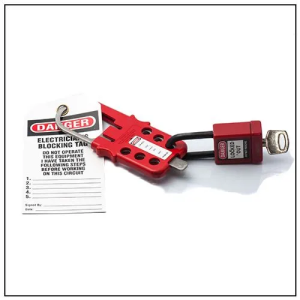
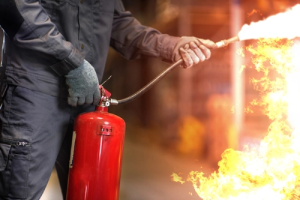

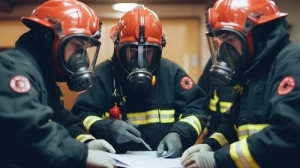











For Corporate Orders and Inquiries please reach out to our sales team at (310) 498-0546
By signing up you agree to receive marketing emails.
Be assured we will never spam you!

 EN |
EN |  ES
ES